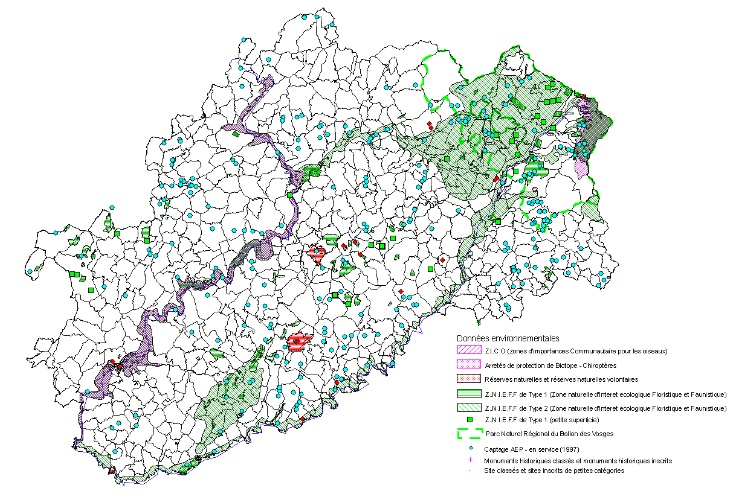Broad governance essential for data & environmental transition projects
Environmental transition policies are many and varied, and involve multiple departments (green spaces, urban planning, housing, mobility, etc.). "During the six experiments, a new problem emerged: the working groups brought together numerous departments and external partners, sometimes specializing solely in data, sometimes in environmental transition, rarely both. While the creation of business/data pairs was already a delicate exercise (vocabulary, specific skills, roadmap, inter-departmental project coordination, political support), environmental transition projects bring together even more players". Partnership governance of these cross-functional projects is therefore a major challenge to be anticipated.
Data sharing still too timid
Environmental transition policies, which are cross-functional par excellence, imply that competencies and data use necessarily involve several administrative levels (commune, intercommunality, départements, regions and decentralized government departments). "In the absence of perfect collaboration between these levels, the data produced and reused by each of them must be easily accessible, preferably in open data or in open circles of trust. However, this is not yet the case everywhere. During this experiment, numerous obstacles were observed in connection with the lack of technical and human resources in communes in terms of GIS (absence of data inventory carried out upstream, difficulty in acquiring the right software, lack of in-house skills): thus, open data is not always a reflex, despite the legal obligation to open up data promoted by the Digital Republic law back in 2016."
Skills still too compartmentalized
Business departments are often dependent on the technical data expertise of a specialized department (IT Services or GIS department). "With the exception of highly specialized business practices, departments systematically express the need to increase their skills in collecting, manipulating and exploiting data, whether internal or external. In this sense, data training for local and regional staff is essential today".
Database formats still too heterogeneous
"All the participants in the experiments commented on the complexity, and often irrelevance, of the gigantic masses of data coming from numerous players. Often conceived in a strictly "producers" approach and for closed circles of reusers, data is not easy to find. Not always freely accessible (access control or viewing without downloading). They are difficult to use due to a lack of interoperability (unsuitable or incompatible technical, temporal and spatial reference systems). Finally, they are not designed with future reuse in mind (complex technical interface, ill-suited to the real needs of local authorities). These principles for good re-use of public data, known as "FAIR", are not sufficiently taken into account by public data producers". With this in mind, the French Ministry for Ecological Transition will shortly be publishing the Ecosphères portal, which will offer improved access to the tens of thousands of data items it references.
Prioritizing projects for the long term
Faced with the growing complexity of regulations, the diversity of players and data sets and formats, it is more than ever necessary to have a common vocabulary of data and indicators. "In view of the multiplicity of environmental transition indicators, local authorities must now prioritize their objectives. This prioritization will be carried out according to the reality of their territory, the main aim being to achieve sustainable projects. The main challenge for the players in the six areas presented is to mobilize resources over the long term (skills, partners and budget). Strong political support is therefore essential. It's a question of focusing on the long term, by concentrating on a design phase (of an action or solution studied) that is sufficiently solid to integrate all the players concerned. To achieve this, we need to build alliances and coalitions of local players, drawing in particular on members of civil society.







